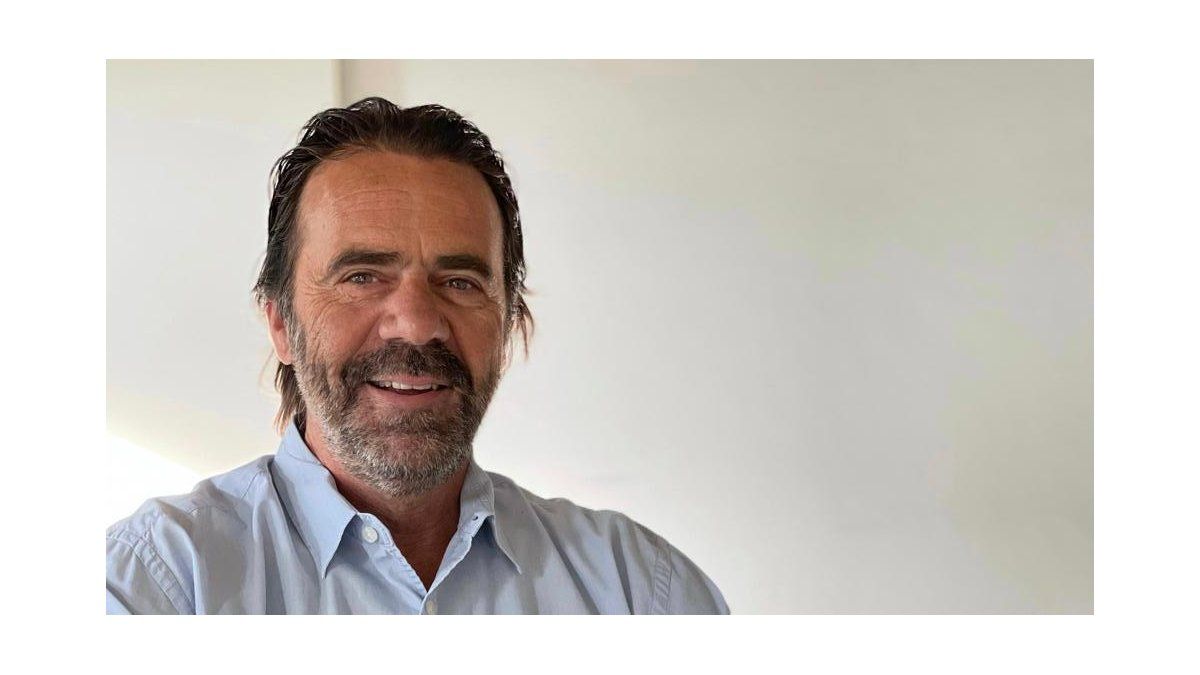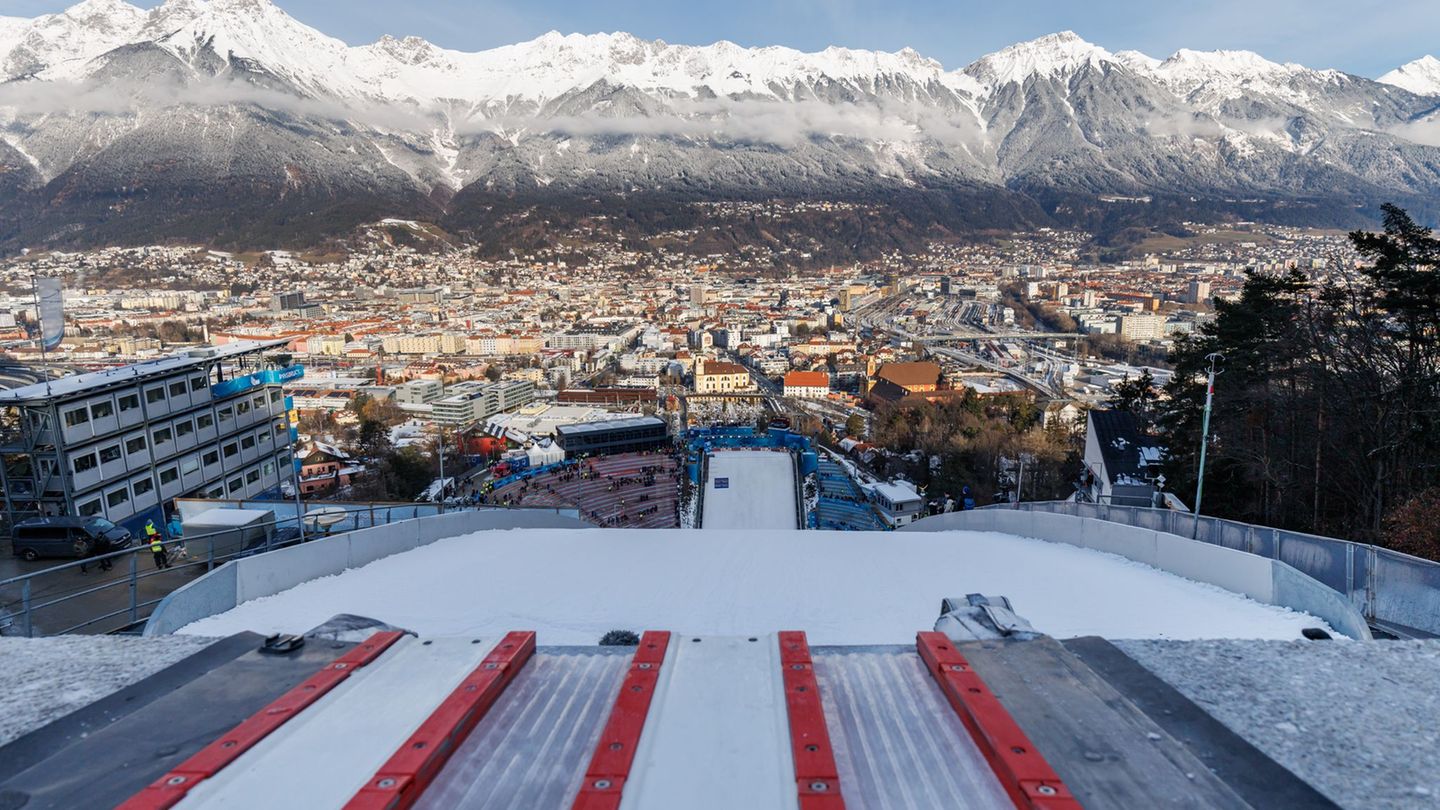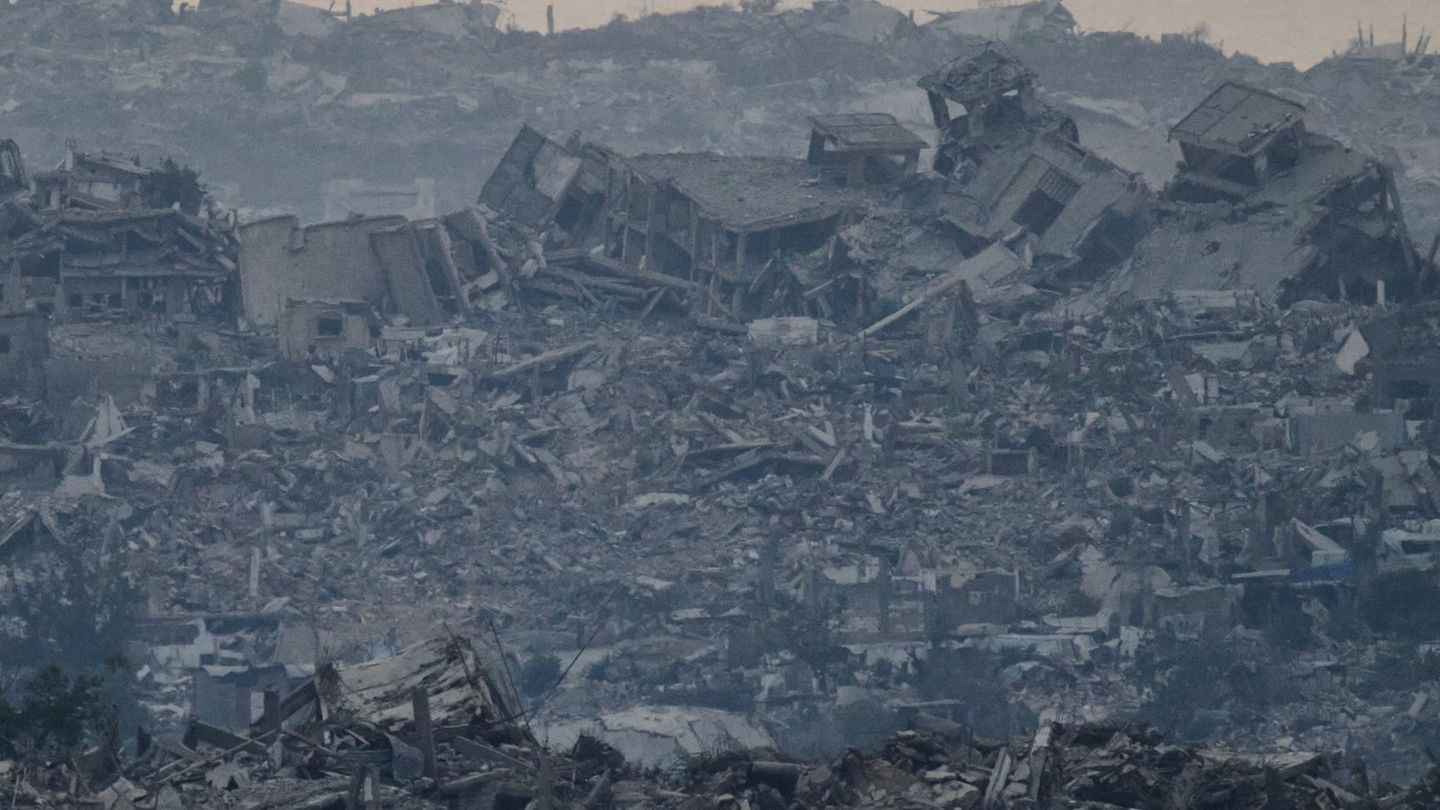Journalist: What is the situation in the car rental sector?
John Furlong: Business is doing very well. The level of demand since the restrictions were lifted exploded. People wanted to travel. We are at higher levels than in 2019. What has happened due to the dollar issue made domestic tourism grow a lot. Before there were marked seasons. Now the low season is medium, the average is high and the high season is very high.
Q: Does the economic situation affect you?
JF: The economic context does not allow us to have the number of cars to satisfy demand. The brake is great. Lack of credit kills any entrepreneurship. Although the business is going very well, there are obstacles that do not allow us to grow: lack of credit and cars. The lack of cars is impressive. The cars that came from Brazil are not entering. Chevrolet Spin, for example. The ones we had got old and we can no longer rent.
Q: How much should the fleet grow to keep up with demand?
JF: It should grow 50%. We are at 330 cars and we should get to 500 cars. The other rental companies would also grow, otherwise we would need 1,000 cars. There are key places, such as Bariloche, Salta or Mendoza, where more and more cars are being rented. The interesting thing is that the Argentine did not rent much, he tried to find another medium. Today he is used to both renting and taking a plane. Before it was a plane, a taxi and after the center they moved by combi. Today they rent their car, they want more freedom, it is a great advantage for us.
Q: Do you have plans to expand?
JF: As we are complicated with our own resources, we are looking for strategic partners. It may at some point be an investor or in a franchise format. This last modality is the one we like the most. Because, for example, someone has an interest in Tucumán and invests only in Tucumán. With an investor it is different: you have funds to invest in a fleet and we manage it. These formats are complicated because legal issues come into play, but there are ways. That’s why we lean more towards franchises. People feel that the business belongs to them more.
Q: Have you already started with that strategy?
JF: We are doing work in the Iguazú area, in Neuquén, in Catamarca, La Rioja, Puerto Madryn. We seek to expand the network, be in more locations. It is what we want to achieve.
Q: And external tourism?
JF: A lot of foreign tourism is arriving, but they are confused about the exchange rate. Everything is paid on arrival. Today they pay here.
Q: Are there cases of people who rent the car for private use instead of having their own car?
JF: In Buenos Aires, yes. Inside, not so much. In Buenos Aires it is used for weekends. Or the one who lives in the center and does not want to spend on a garage and pay insurance to use it a few days a month to go out for a walk or go shopping. They are people up to 50 years old.
Q: What prospects do you have for 2023?
JF: We are going to have a difficult year, we all know the obstacles to imports. I don’t think they release dollars so that cars can be imported. It will take at least two years for things to normalize. That funds be released, and that the logistics be based on the demand to bring cars to the country to renew stock.
Source: Ambito
David William is a talented author who has made a name for himself in the world of writing. He is a professional author who writes on a wide range of topics, from general interest to opinion news. David is currently working as a writer at 24 hours worlds where he brings his unique perspective and in-depth research to his articles, making them both informative and engaging.




